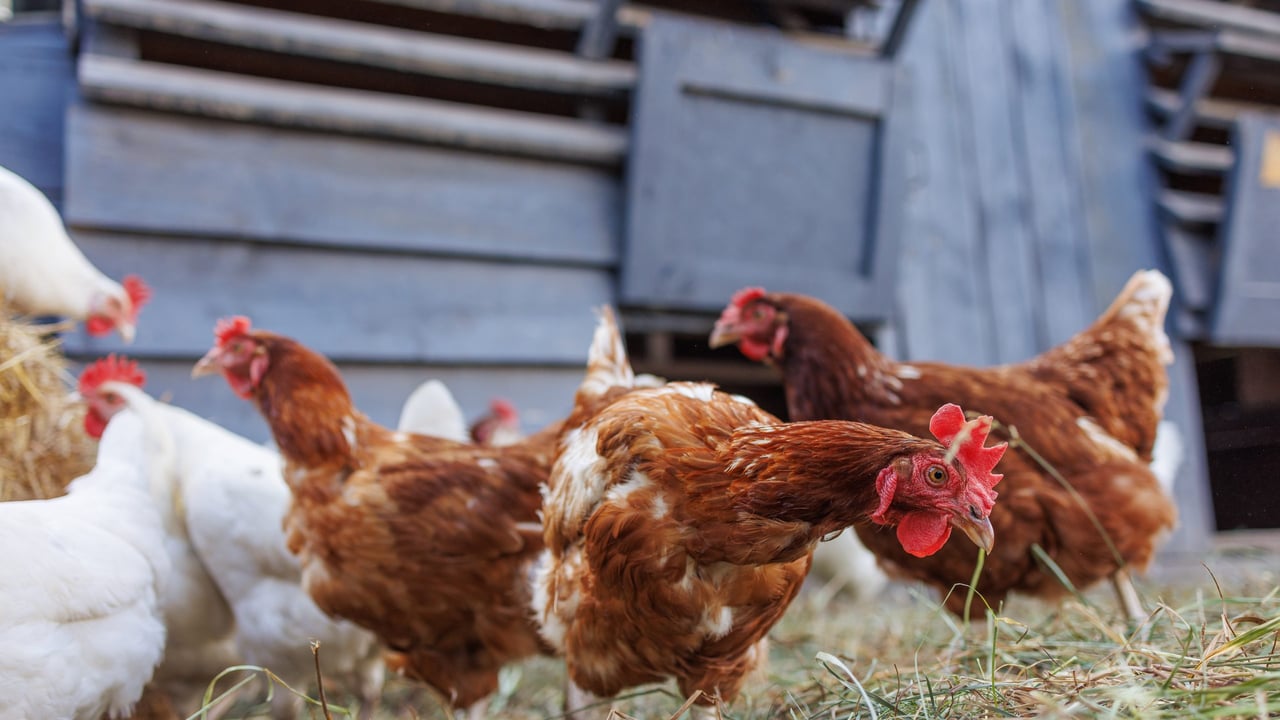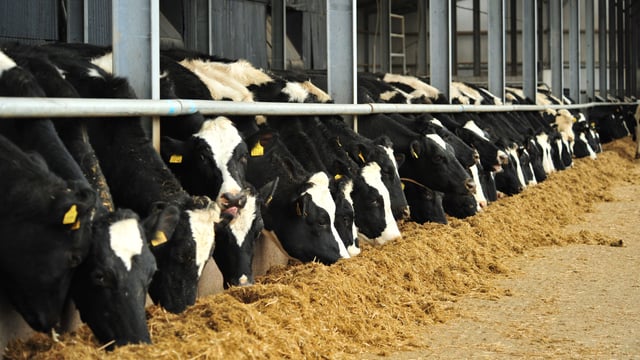Bird flu outbreaks larger and 'virulent' in recent years - Expert
It is not uncommon for avian influenza (bird flu) outbreaks to occur in winter months, as migratory birds return carrying the virus, however outbreaks in recent years have been larger and "virulent", according to an expert.
Professor of Animal Microbial Ecosystems at University of Bristol, Paul Wigley said that the disease generally comes in to the UK and Ireland as birds return from Russia and central Asia where the breeding grounds are.
There is currently a confirmed case of bird flu at a commercial poultry premises near Dungannon, Co. Tyrone, and a suspected case at a commercial poultry premises near Pomeroy, Co. Tyrone.
"Northern Ireland is a concentrated area for chicken production so outbreaks of any infectious disease can have a large impact," Prof. Wigley said.
"Surveillance for influenza is strong throughout the UK and well supported by both independent farmers and large production companies. The high levels of biosecurity in the industry help reduce the transmission of influenza, but outbreaks still occur," the professor added.
Prof. Wigley said that removing infected birds by culling is "needed" to remove major reservoirs of infection.
Group leader at the Pirbright Institute, Professor Ian Brown said: "Rapid culling, premises disinfection, restrictions on movements in the immediate area is a proven method for limiting spread."
He said that application of biosecurity measures on farms is the "best defence" against the virus, but that recognising this can be "challenging" and probably "negatively exacerbated" by excessive rainfall.
Virologist at Queen’s University Belfast, Dr. Connor Bamford warned that other farmers must also beware that current strains of bird flu may be able to infect cattle, particularly via milking.
According to the public health agency, avian influenza is a disease affecting birds primarily and the risk to the general public’s health is deemed “very low”.
Prof. Wigley said that there does remain "a very low risk" that the disease can "jump species" to mammal or even humans. This is being closely monitored with no evidence of transmission.





